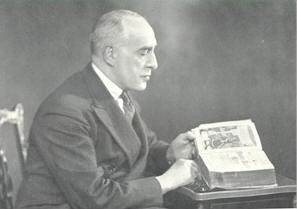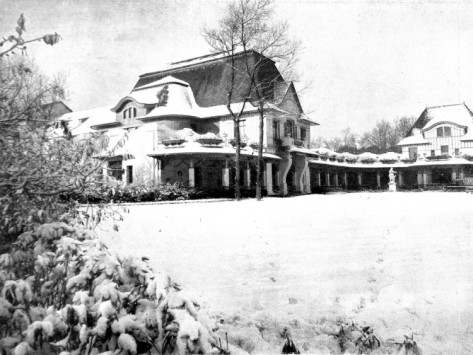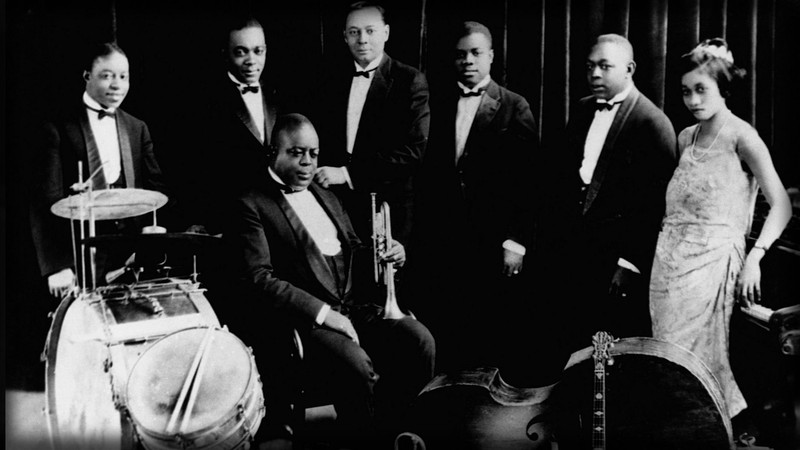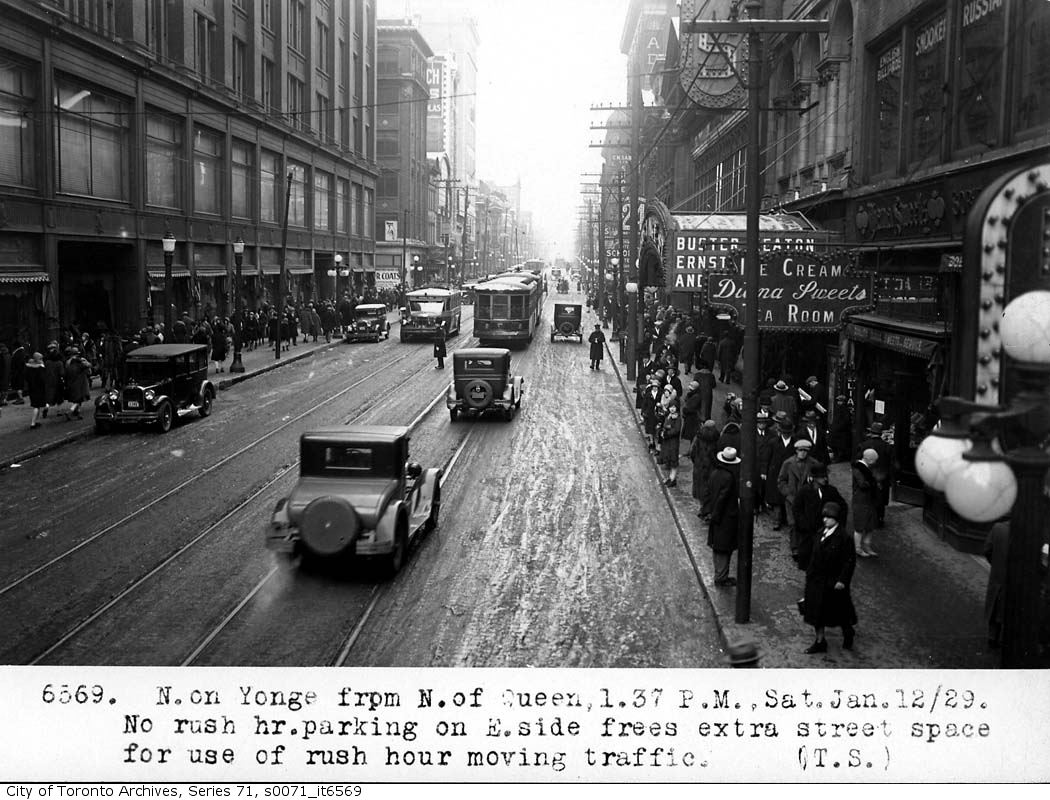In the early 1980s, I cycled there. A hot day: I remember leaning my bike against a barbed wire fence, the kick of the aspartame from my diet cola and the long, vertiginous note of swifts flying too high above us to see. Â Britain’s barbed wire fences have slipped away in the night and are…
Category: 1860-1940
“..and curse a bit”: Writing Tips From P.G. Wodehouse
Learning from other writers has its difficulties, not the least of which is considering your heroes “other writers” in the first place: there’s something frightful and vertiginous about taking on e.g. Nabakov or Ted Hughes as a colleague. It turns out that that’s true even of the infinitely cuddlier P.G. Wodehouse, and then there’s the…
Ghosthunters and Autodictats: Harry Price, the Faked and the Dead
There’s not a lot left of the reputation of Harry Price, ghosthunter. Nor should they be: tolerance of exaggeration and fakery in someone who has set out their stall against those very things is a bit much to ask of a world that had just suffered the losses of the Great War. But Price is…
But By Jingo If We Don’t: Kipling Bowdlerized, 1897-9
(Anyone with the slightest interest in Kipling will enjoy Mathew Lyons’ two pieces at Normblog: Mathew Lyons on ‘Kipling and His Critics’ and Mathew Lyons on The Jungle Book by Rudyard Kipling . Much more Lyons via his excellent and recommended Twitter feed.) Perhaps they thought it reduced the value, because I picked it up for a couple of…
When Plum Met Cole: Wodehouse and Porter in Le Touquet 1934
In Woody Allen’s Midnight in Paris, Gil Pender lives the dream of many a would-be litterateur and finds what we’ve all long suspected to be true: the past is close and can be escaped into for real. An open-top cab comes for him after the clock strikes twelve, and whisks him off to meet Scott…
Peaking Too Soon: The 3 Great King Oliver Recordings
There was an EP of his amongst my father’s records, so I must have first come across King Oliver on one of those blank mid-1980s summer afternoons when everyone else was out and there was nothing else to do. There’s always a sense of curtailment about a parent’s record collection. At least, there was…
Wodehouse, Ghosts and My Grandfather
The first time it happened was at my great-grandfather’s terraced house in Black Tom in the years immediately prior to the Great War. There’d been a death in the family, and then a funeral. My grandmother and her five sisters shared a bedroom, and sat up late into the night, or must have done,…
Writers in Wartime and Pre-War Jazz: Larkin, Amis and the “Banks Sides”
To Robert Conquest from Philip Larkin 7 April 1969 ..By the way, you might tell K. if you see him that there’s a 12†LP of all the Banks sides (plus Oh Peter with Henry Allen vocal) and all the Bland sides (Who Stole Gabriel’s Horn, Shine Shoes & Gonna Be You). I’ll send him…
Three Easy Pieces: American Music In Colour, 1929-30
From about 1914 on, you can almost feel colour film trying to make itself happen. Any list of early colour feature films has the same air to it of frustration and heartbreak: “technicolor inserts” in this movie or that, which is also listed as “Lost Film” or “Extant only in Black and White.” Three…
Spender’s Worktown: The Working Class Misapprehended, Then and Now
When Seebohm Rowntree ventured into the pubs of York in 1912, he was anticipating the worst. From a Quaker family, he had already crossed swords with the brewing establishment in 1901, linking adulterated beer with a string of deaths from arsenic poisoning. The link between alcohol and poverty was absolute: the pubs would no doubt…
“Now, Don’t Make Me Laugh, Old Boy!” : British Historical Sound Recordings 1890-1950
It’s true to say that the United Kingdom never really threw itself into sound recording experiments with the gusto of the United States, but nonetheless there are some fascinating survivals, and we’re going to showcase five of them here. They encompass government, domesticity, transport, street soundscapes and industrialization and each has its own story to…
Pool, Studs and Slaves: American Oral History of the Jazz Age
Now that we have access to sound recordings going back as far as the 1860s, it’s time to acknowledge that we need the internet, apps and ebooks to make the best use of the new media that the Victorian French invented and Gilded Age America made perfect. Previous means of distribution – sound and video…










